Life
Sign up for our newsletter
We summarize the week's scientific breakthroughs every Thursday.
-
 Health & Medicine
Health & MedicineTumors grow faster in cancer-prone mice given vitamins
The tumors killed the mice twice as fast as early-stage lung lesions in mice not given the antioxidants, researchers report.
-
 Health & Medicine
Health & MedicineImmunotherapy attacks aberrant cervical growth
The treatment might stop cancers before they arise.
By Nathan Seppa -
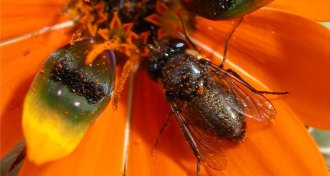 Plants
PlantsSexually deceived flies not hopelessly dumb
Pollinators tricked into mating with a plant become harder to fool a second time.
By Susan Milius -
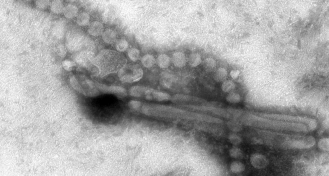 Health & Medicine
Health & MedicineH7N9 flu makes a comeback
Scientists warn that the risk that the illness could spread remains.
-
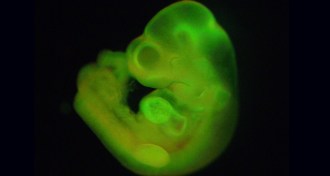 Life
LifeA little acid or a tight squeeze can turn a cell stemlike
Stresses send mouse cells into primordial state capable of making any tissue.
-
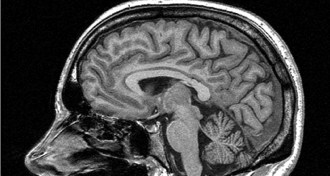 Neuroscience
Neuroscience‘Unique’ human brain regions similar to monkeys’ brains
Monkeys may have rudimentary brain wiring that later evolved into the connections that gave humans the ability to understand language, think flexibly and make decisions.
-
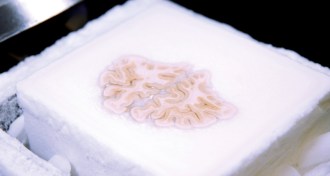 Neuroscience
NeuroscienceFamous brain surgery patient H.M. retained a chunk of hippocampus
The patient's amnesia was probably due to the loss of other regions and neural connections.
-
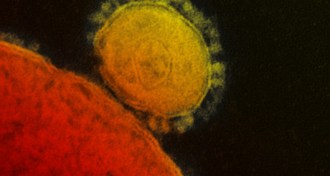 Life
LifeMolecule stops MERS spread among cultured human cells
The molecule interacts with the protein the MERS virus uses to enter a cell.
-
 Neuroscience
NeuroscienceBig science for lean times
The greatest promises of brain research — a cellular description of thought and behavior and, even more importantly, strategies to battle disorders of the brain — have yet to be fulfilled. Making good on those promises is the motivation behind the federal BRAIN Initiative.
By Eva Emerson -

-
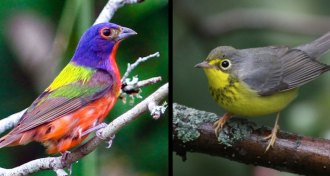 Animals
AnimalsWindows may kill up to 988 million birds a year in the United States
Single-family homes and low-rise buildings do much more damage than skyscrapers.
By Susan Milius -
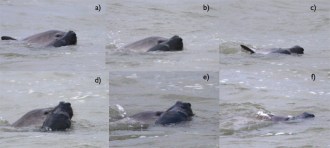 Animals
AnimalsGray seals snack on harbor porpoises
Photo evidence confirms seals' fatal attacks on harbor porpoises in the English Channel, suggesting that declines in the seals' usual fare are forcing the animals to seek out other high-energy food.